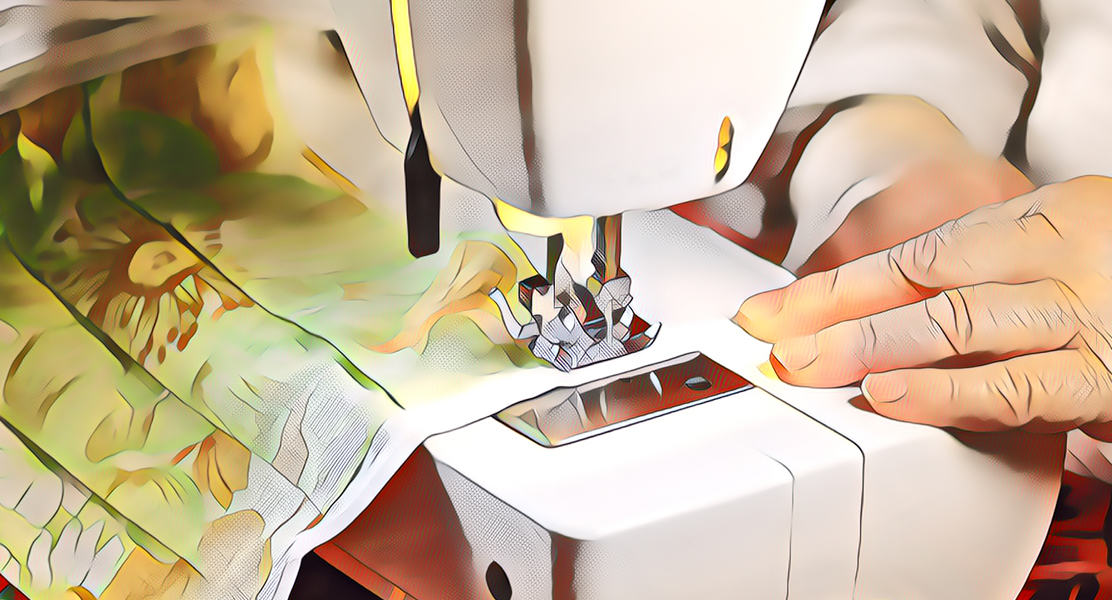Religious communities are doing more than just staying home

The vast majority of congregations of all faiths are closing their doors to in-person services and other activities during the coronavirus pandemic to help stop the spread of the deadly disease. In itself, that is an important act of faith, as BJC Executive Director Amanda Tyler explained in a recent column. But closing the sanctuary doors doesn’t mean houses of worship have stopped ministering to others in this challenging time. Just the opposite.
For Holy Week, I decided to put aside the news stories about the few pastors who insist on holding worship services in defiance of public health officials and government directives. Instead, I am focused on the countless ministries all across the United States that are exercising their faith with incredible acts of compassion, determination, and essential services for their community. Here is a brief tour.
Churches are finding ways to feed the hungry. In Winston-Salem, North Carolina, volunteers at Christ Rescue Apostolic Temple put social distancing measures in place and handed out meals from the church parking lot. Eight churches in Charleston, South Carolina, partnered with school districts to ensure that families received meals during the closure of schools, which are the source of food for many children. Callahan First Baptist Church volunteers are stepping in to replace a suspended meal delivery program for students in Nassau County, Florida. Boston’s Fourth Presbyterian Church has set up a Grab and Go meals service.
Congregations are sewing masks. From the New Covenant Christian Fellowship Church in Greeneville, South Carolina to a collective of church groups across Minnesota’s Le Sueur County. Fellowship Church in Kansas City, Missouri has 75 seamstresses sewing masks for health care workers. Highland United Methodist Church donated space to set up a mask sewing enterprise in Denver. A Muslim Task Force that has formed to coordinate Coronavirus response in Louisville, Kentucky is collecting fabric to make masks, among other things.
In Baldwin County, Alabama, 3 Circle Church established a Coronavirus testing site in their parking lot. So did Church of the Highlands in Birmingham, Alabama, which tested nearly 1,000 people. The Cathedral of St. John in New York City is reportedly offering its large space as a field hospital. Houses of worship are providing laundry and shower services for the homeless, delivering groceries to seniors and diapers for infants.
At the same time, congregations are serving less visible but equally urgent emotional needs during this crisis: community and togetherness. Houses of worship across the country are expanding phone banks and virtual shut-in services to ensure that members of their community are sticking together and staying connected with others to combat the harms of isolation.
In short, the commonsense restrictions on gathering together are not stopping the work of the church. This snapshot is of course just a miniscule fraction of the religious response to the challenges confronting us. Religious free exercise is alive and well, whether worshippers are gathering in sanctuaries or not. (Episode 8 of BJC’s Respecting Religion podcast series focuses on religious freedom during this time.) And as our public health crisis evolves into an economic crisis, these creative ministries are essential responses, facing increasingly devastating need.
I am grateful for the inspiration, which is all around us.




